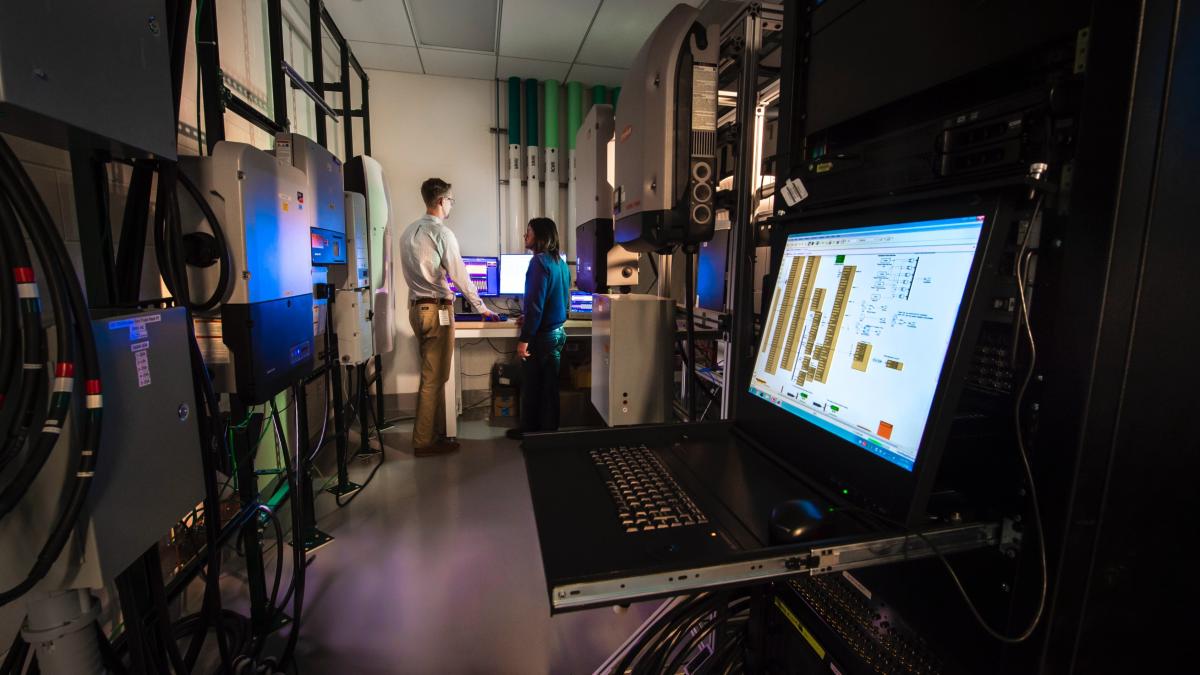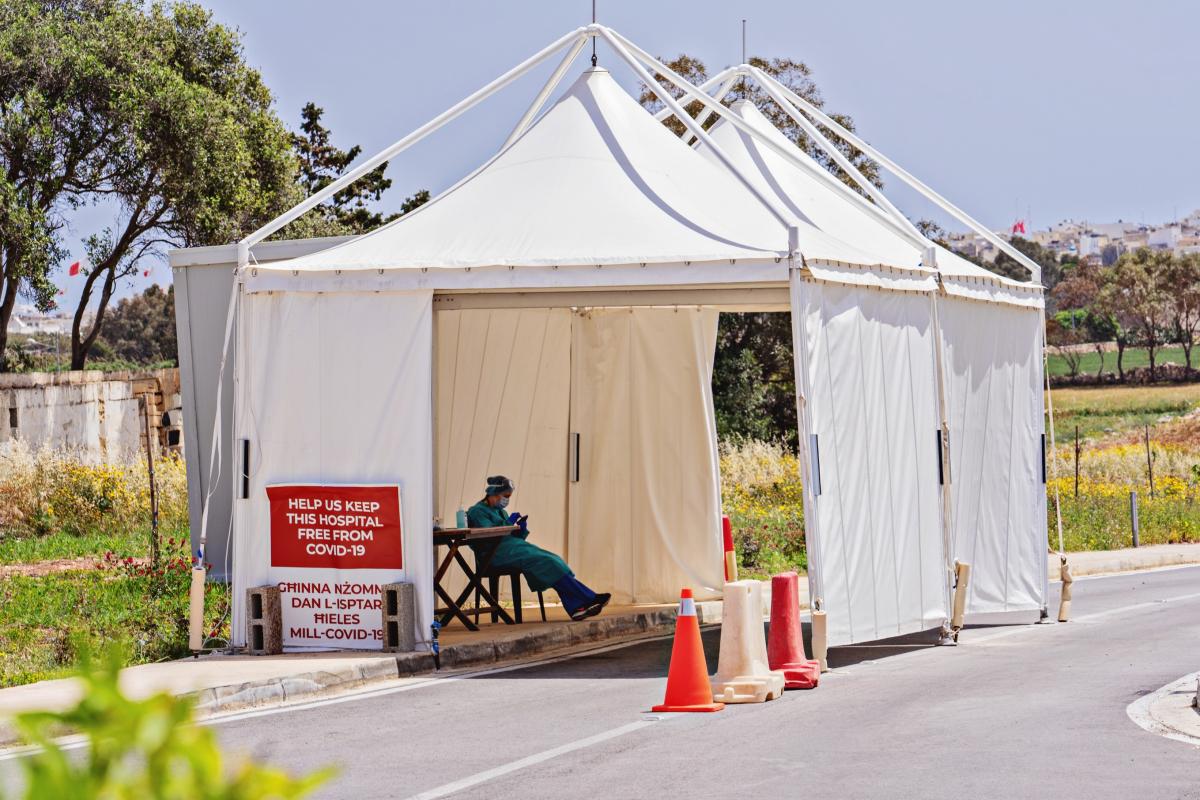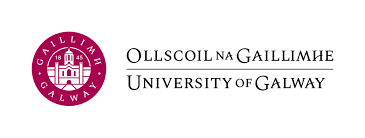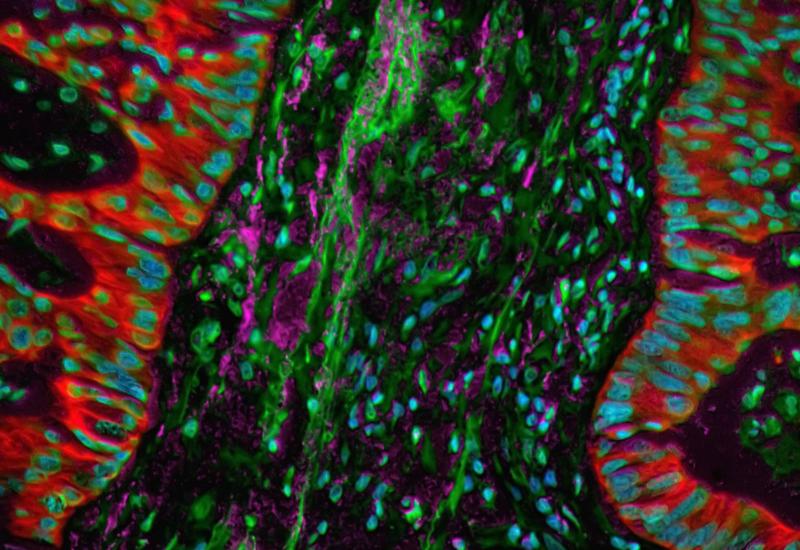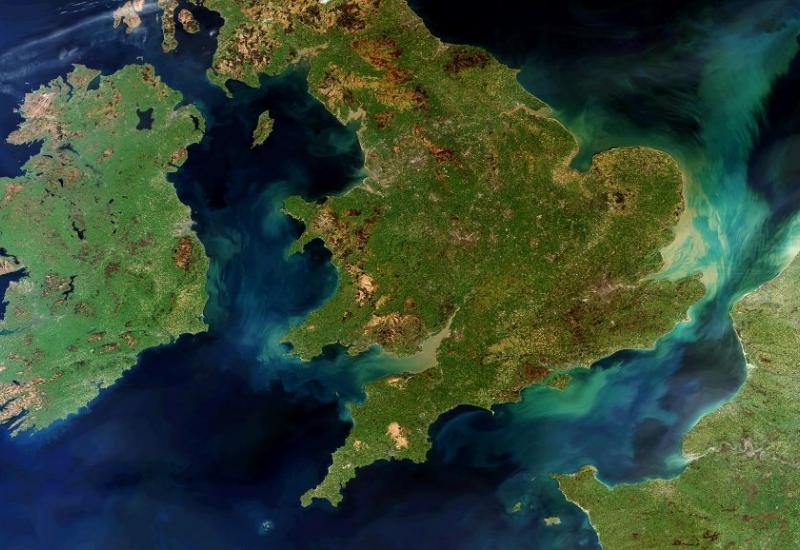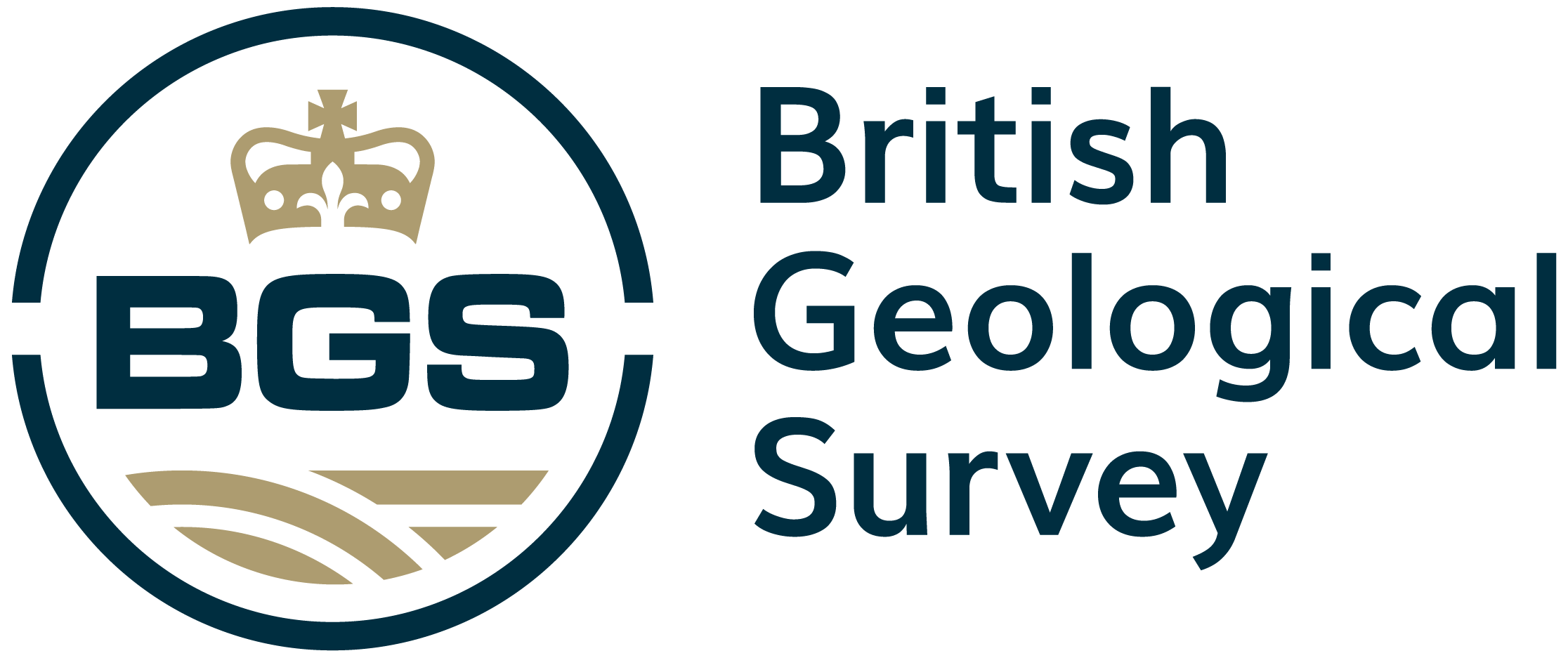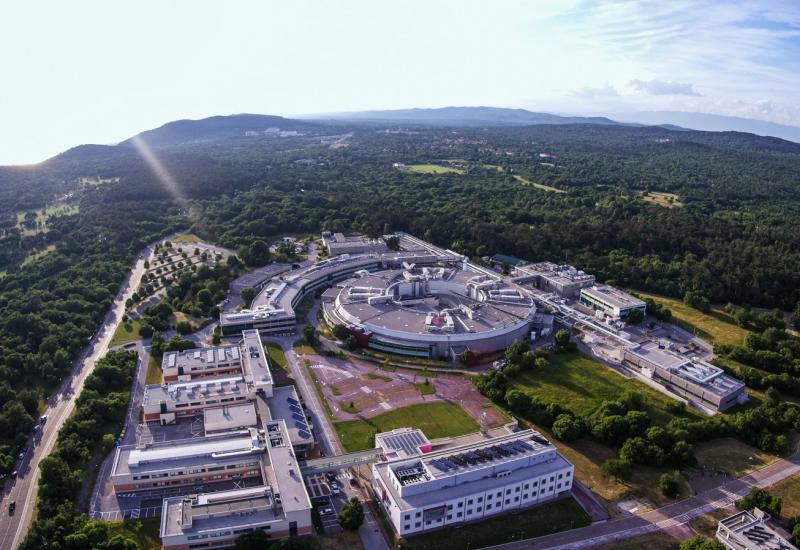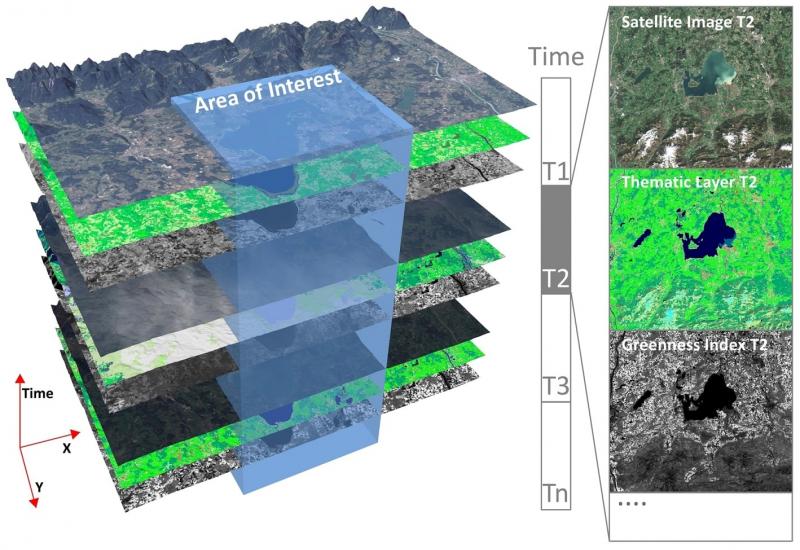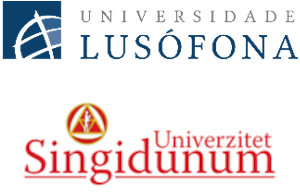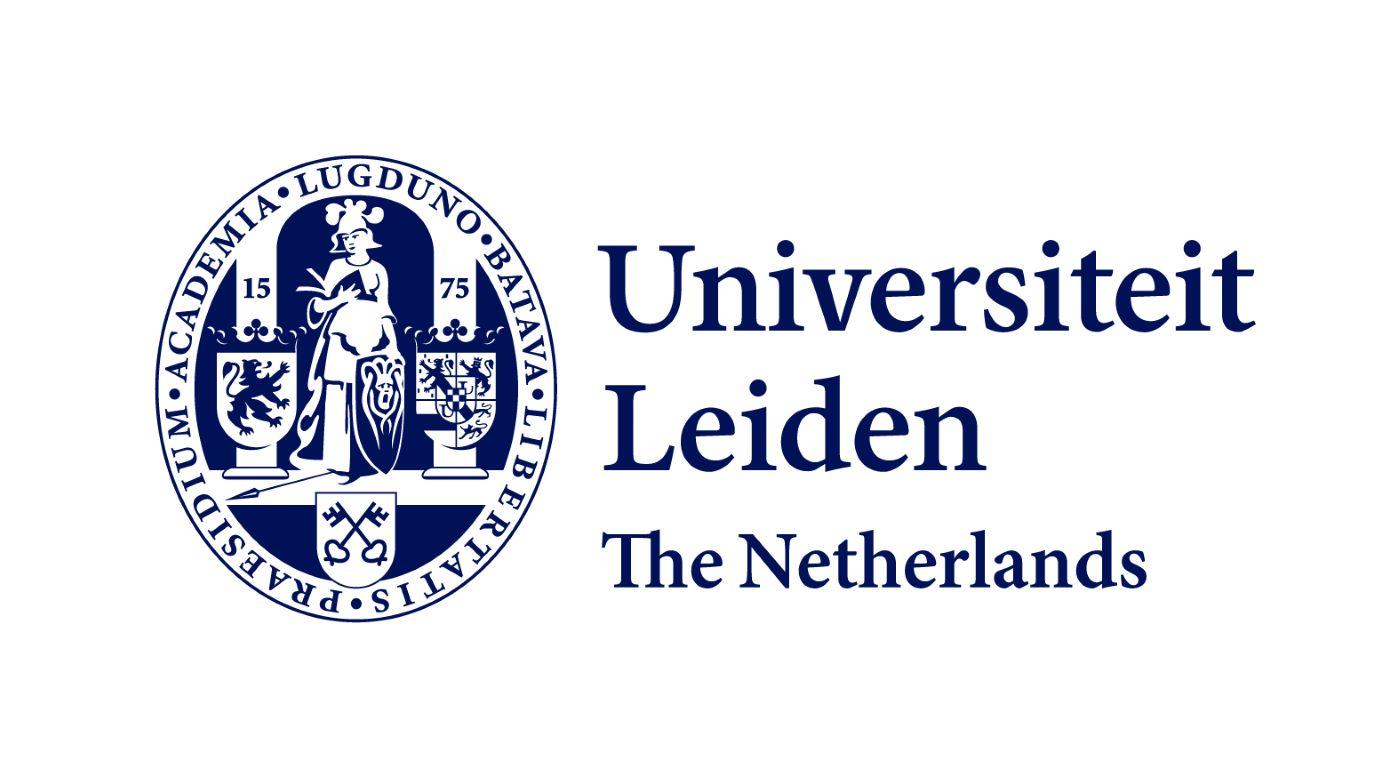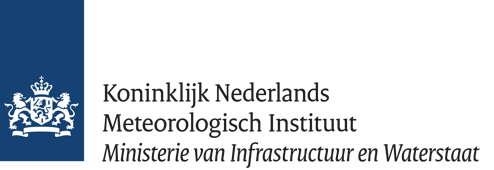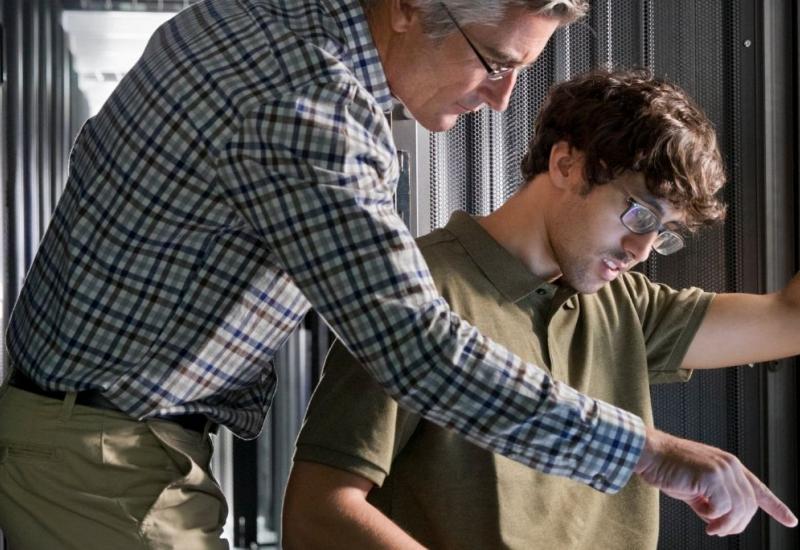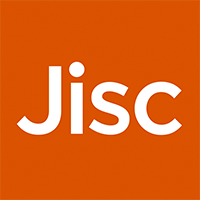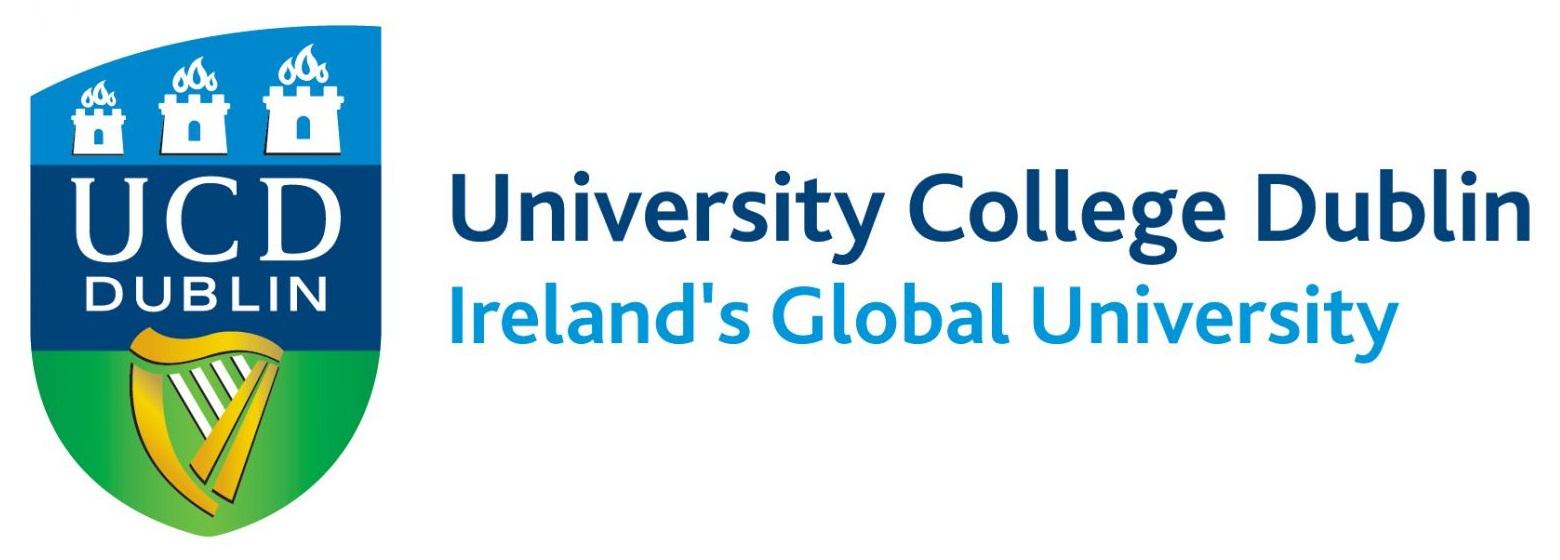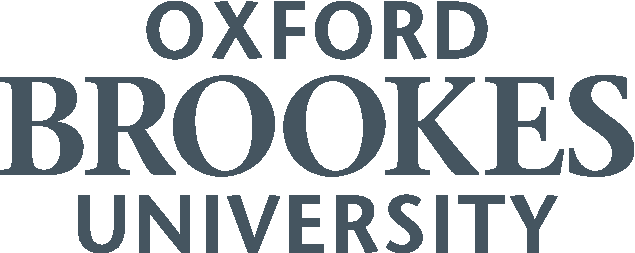At the start of the Pandemic, an old classmate of Dr. Claude Bajada asked him to help with a project. They were busy collecting behavioural data from everywhere in the world that has been affected by COVID19, and needed data from Malta. Dr. Bajada and another colleague from the University of Malta helped collect data from Malta to contribute to these rich datasets from over 30,000 individuals. These datasets were open source, so after having helped collect this data, he had a few of his own ideas on how the data could be studied.
Dr. Bajada is currently trying to answer how much governments are able to control behaviour and encourage pro-social behaviours, such as handwashing, during the pandemic. And consequently, how much behaviour is determined by emotional wellbeing and personality. OCRE's Cloud vouchers gave Dr. Bajada the resources and the push he needed to take some ideas he had and turn them into a research project with a cross institutional and international team.


